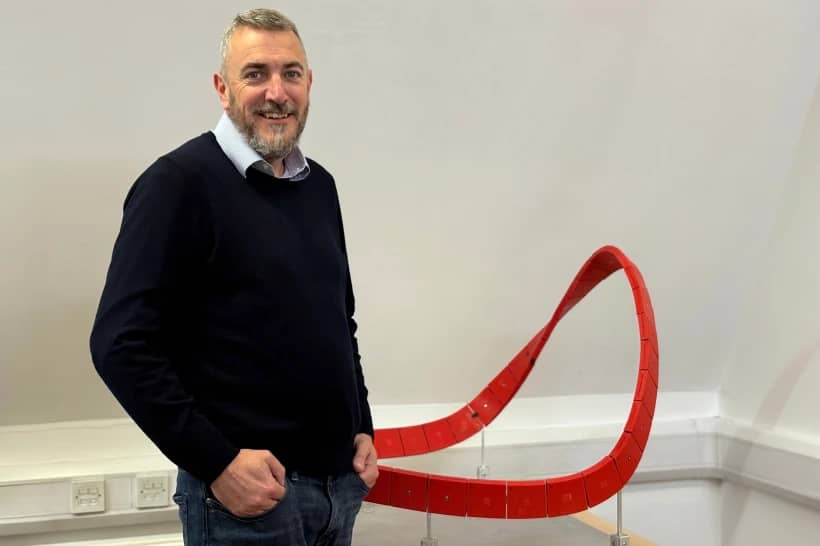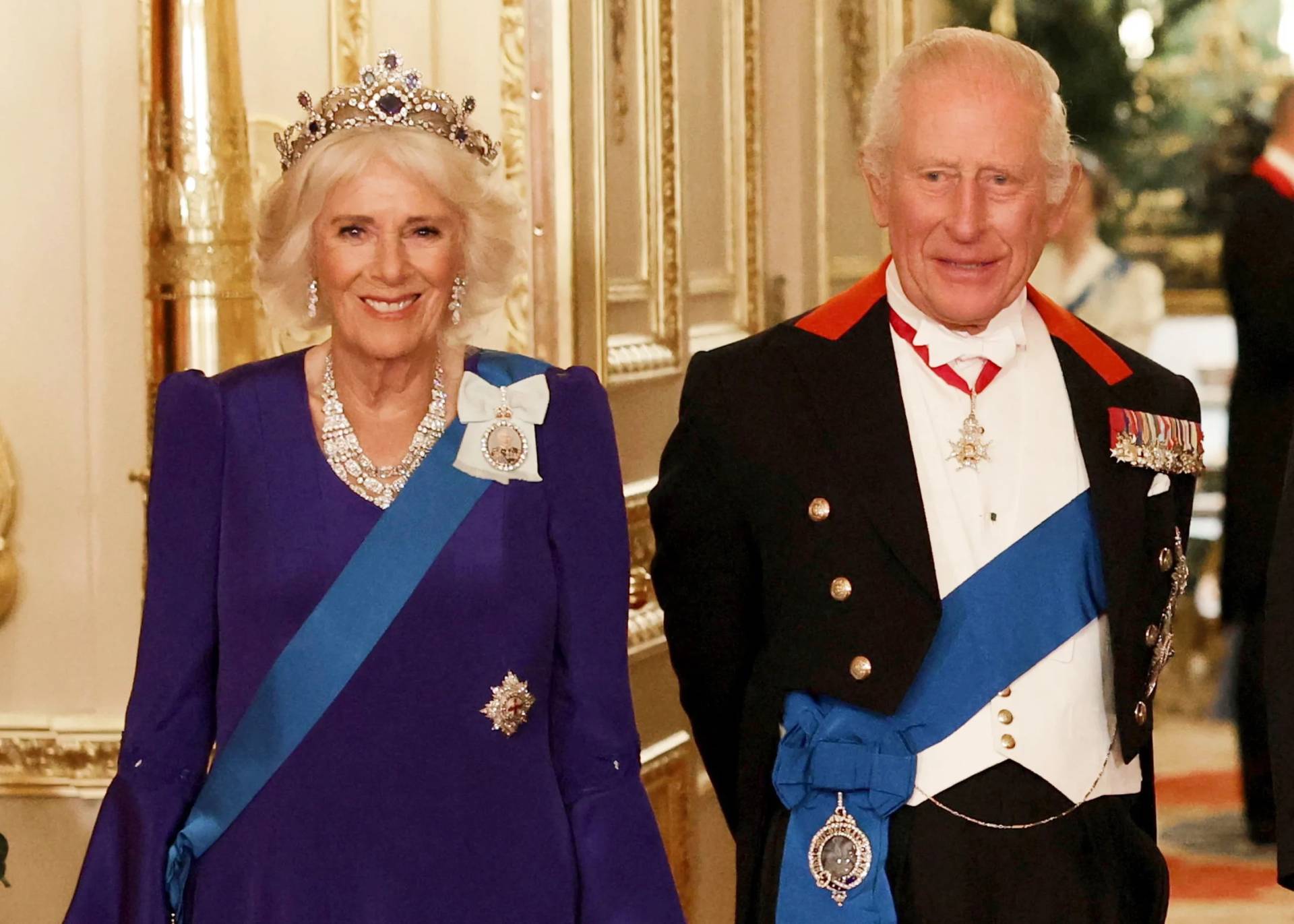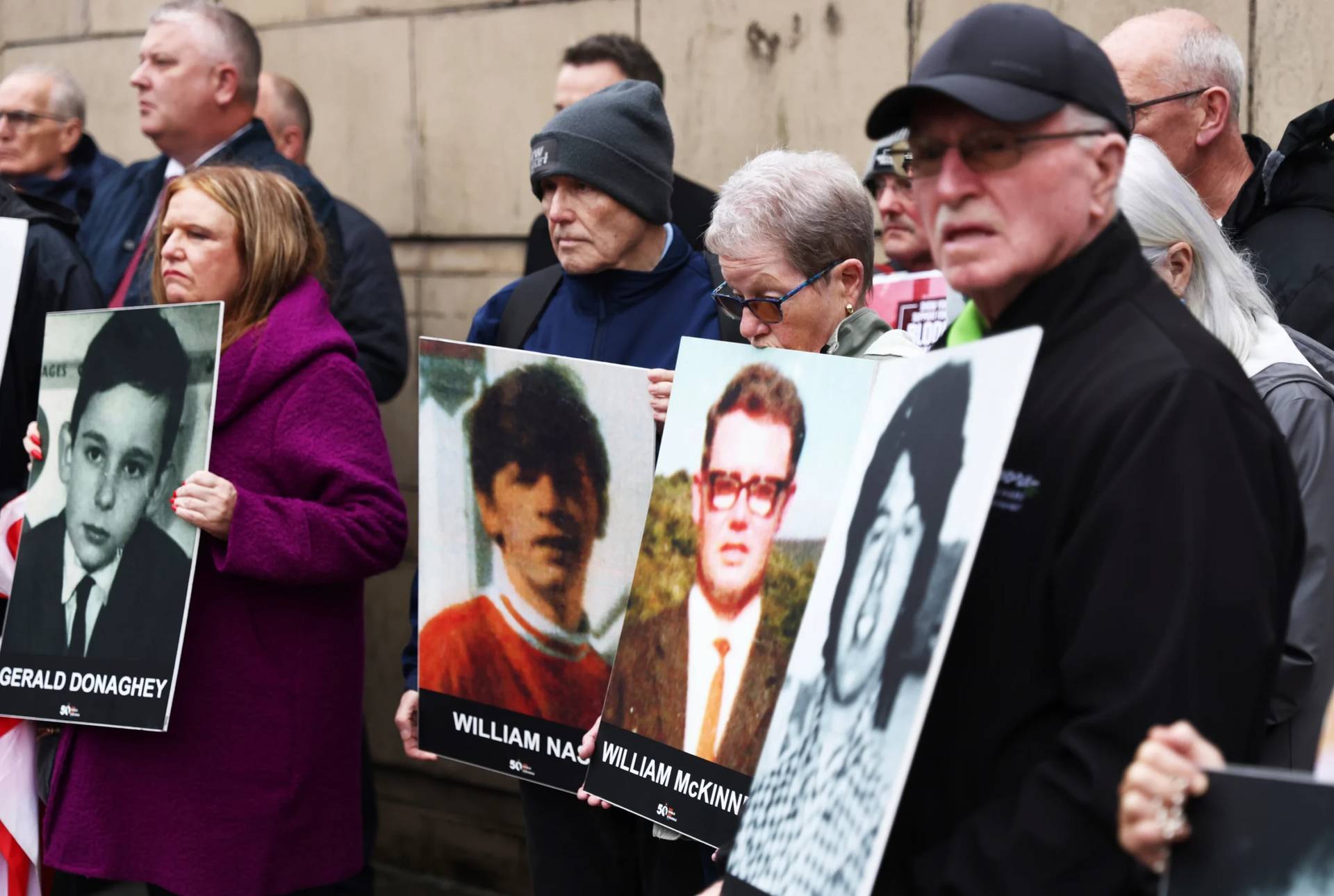NEW YORK — Cardinal John Henry Newman lived half of his life as an Anglican before converting to Catholicism. This Sunday, leaders of both congregations will be present in Rome to celebrate his much-anticipated canonization by Pope Francis.
In an interview with Crux, Jack Valero, the press and media coordinator of the Newman Canonization Committee, outlines why he believe Newman offers a model for Catholics trying to engage in public life and why this giant of the 19th century has just as much relevance for today’s Catholics.
Crux: Newman was a giant of the 19th century. What does he offer to 21st century Catholics in your view?
Valero: Newman is a very modern saint. He lived in the 19th century, the age of rationalism, the age of Darwin and Marx — an age he understood deeply. His writings help people to have faith at a time when it is difficult to believe in God, such as now.
His book The Idea of a University continues to be a reference work for tertiary educational institutions, and his vision that education had to be for its own sake and not as a technical preparation for a specific profession or job is still being discussed in academic circles. But Newman was also eminently practical. He not only spoke and wrote about universities: he started one himself [Catholic University Ireland (1854) – the precursor to the University college Dublin] and after that started a secondary school. Both remain to this day.
Newman had many good friends during his life, from prime ministers to beggars. His 20,000 letters are witness to the depth of his friendships and in his pastoral life he personally helped many people, both materially and spiritually. In fact, although he wrote many important books on theology and the Church, he thought that the main way that the faith would be transmitted was through friendship. In future it is possible that he could be known as the patron saint of friendship.
Nowadays Newman has a following among all kinds of Catholics, including some who are more conservative and some who consider themselves progressive. In an age of great polarization, including within the Church, Newman can be a unifying figure who can speak effectively to different Catholic sensibilities and bring them all closer to God.
While he was a priest and eventually a cardinal, he was a champion of lay leadership in the Church. What lessons do you believe he offers this current moment of crisis in the Church where we are seeing greater demands for the laity to be involved in decision-making and shared governance?
Newman had a very modern vision of the role of lay people in the Church. In his Present Position of Catholics he writes of his dream of a “laity, not arrogant, not rash in speech, not disputatious, but men [and women] who know their religion, who enter into it, who know just where they stand, who know what they hold and what they do not, who know their creed so well that they can give an account of it, who know so much of history that they can defend it.” This was very much the vision that inspired me and my colleagues when we started the Catholic Voices project in 2010 to train ordinary lay Catholics to speak on TV and radio about controversial issues to do with the Church.
Newman saw the role of lay people as being witnesses for Christianity in the places where they were, not just in media (and he was very keen on media, being editor or contributor of different publications throughout his life) but in all professions and jobs. As regards being involved in decision making and governance in the Church, we could deduce that Newman would have liked lay people to be more involved in the functions where their expertise could make a difference such as finance or management. In fact, one could say that it is Newman’s vision of a well-formed laity that is becoming a reality only now which allows us to have these discussions.
Also, Newman trusted the ordinary faithful. In his Consulting the Faithful in Matters of Doctrine he outlined what is known as the Sensus fidelium, explaining how at the time of the Arians of the fourth century, it was the Christian people rather than their leaders who had kept the faith.
You recently wrote an article offering Newman as a guide to help Christians navigate the complexities of participating in public life today. What wisdom do you believe he has to offer here?
Newman’s writings on conscience have become standard Catholic teaching, as given in the 1992 Catechism of the Catholic Church, a century after his death. They come mostly from Chapter 5 of the Letter to the Duke of Norfolk, a book written by Newman in response to former Prime Minister Gladstone’s assertion that now that the pope had been declared to be infallible, Catholics were no longer suitable for public life. Newman answers this charge in a subtle way, explaining how Catholics follow their conscience rather than obey someone else blindly. Conscience, he explains, is not a subjective feeling, but the voice of God within.
These teachings have also been the basis for political action for many people, such as the anti-Nazi resistance White Rose Movement in Munich in the 1940s. Started by Sophie Scholl and her friends, it was their reading of Newman – which had been recently translated and made available in German — that inspired these young students to give their lives for the truth.
Many politicians and people in public life still feel helped by Newman’s teachings on conscience and integrity, seeking the truth wherever it may lead.
Okay, finally, a practical question: How many people are expected to attend the canonization Mass on Sunday and what can we expect from the day’s festivities?
We are expecting tens of thousands of people to come to Rome and many more – hundreds of thousands — to follow it live on Sunday through our website from Britain and many other countries. After the canonization there will be a solemn Mass of thanksgiving at St. John Lateran on Monday, Oct. 14, celebrated by Cardinal Vincent Nichols of Westminster. For the rest of the week there will be celebrations in London, Oxford, and Birmingham. We have included the details of all the events on our website.
To show Newman’s importance for Britain, the canonization ceremony will be attended by Prince Charles and a substantial parliamentary delegation, which includes members of both the House of Commons and the House of Lords.
The Anglican Church, which is delighted with the canonization as they have already been venerating him for some time, is also sending an official delegation that includes three bishops (two men and a woman) and the vicar of St Mary The Virgin in Oxford where Newman was vicar in the early decades of the 19th century.
When Newman died, over 15,000 people lined the streets of Birmingham — where he had lived for over 40 years — between the Oratory and his burial place. His impact on the city was such that the current lord mayor of Birmingham, Mohammed Azim, will also be attending the canonization in Rome.
Follow Christopher White on Twitter: @cwwhite212
Crux is dedicated to smart, wired and independent reporting on the Vatican and worldwide Catholic Church. That kind of reporting doesn’t come cheap, and we need your support. You can help Crux by giving a small amount monthly, or with a onetime gift. Please remember, Crux is a for-profit organization, so contributions are not tax-deductible.

















